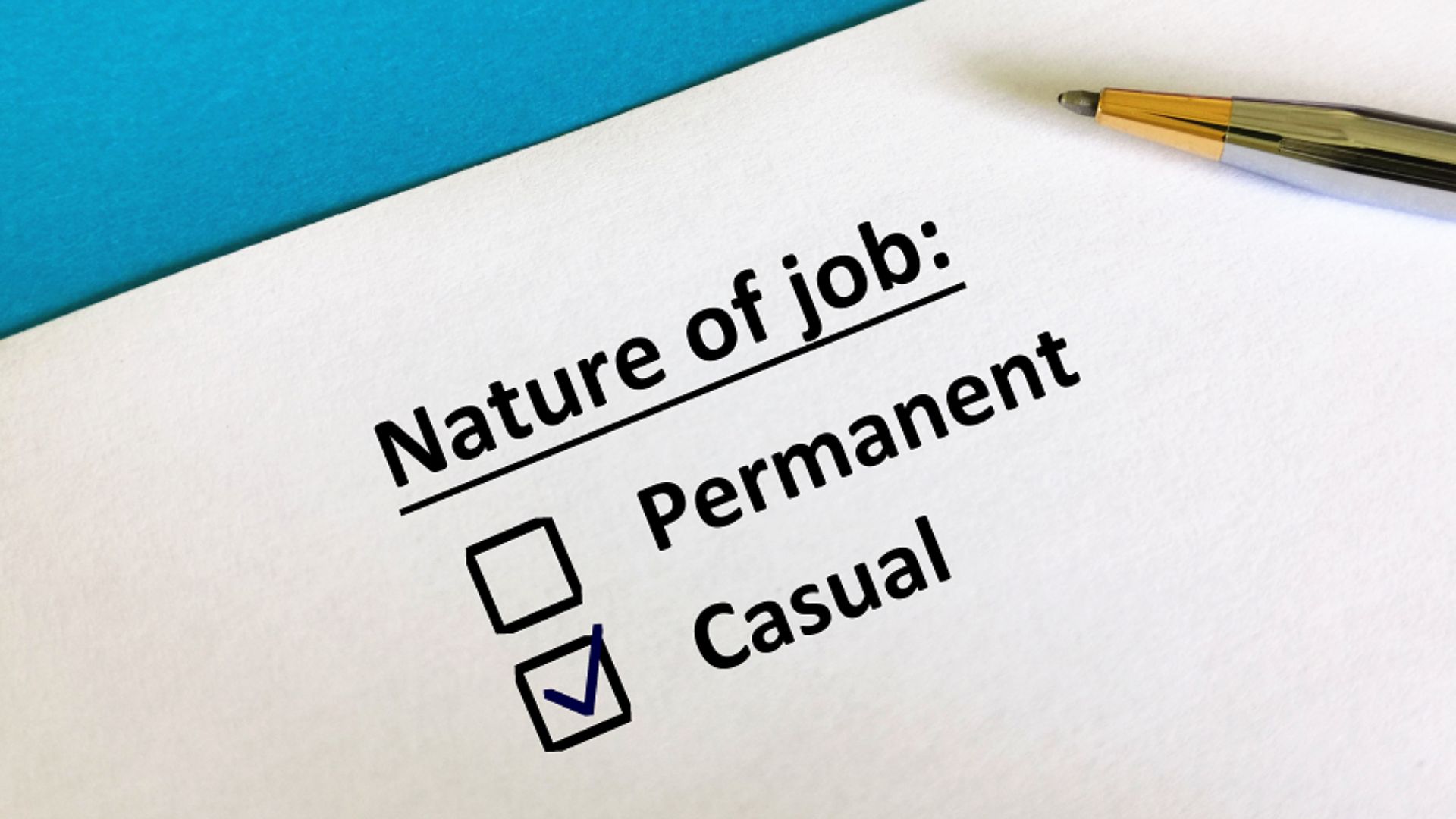The tips/general advice below are general in nature & do not take into account your objectives, financial situation, or needs. This information should not be solely relied upon. The factual information is not intended to imply any recommendation or opinion about a financial product. Before making any financial or property decisions you should consider your personal circumstances and seek professional advice from professionals such as Financial Planners. Before using our website and reading the content you should read our website terms and conditions.
When you set out on your first home property journey, the very first step for most people will be to start saving for a deposit. This can be quite a daunting task, especially when you look at how much you will need to save for that dream home. While it is a lot of money, don’t let that discourage you, it can be done! In fact, according to the Australian Bureau of Statistics (ABS) they were more than 100,000 first home buyers in 2015.
How much do I need to save?
Mortgage experts will say that you should save at least 10% of the property value + transaction costs. However it is worthwhile aiming for that 20% deposit to save you from the hassles of additional lender requirements, such as Lenders Mortgage Insurance (LMI) (a mandatory cost that protects the bank, not you, in the event you are unable to meet your loan repayments).
You should also consider how far away you are from reaching your desired deposit size. If you are a few years away, you may also want to allow for potential property value increases (capital gains).
Top 10 Savings Tips
Budgeting 123 Founder Fay Chan says through her experience of working with people wanting to create savings for themselves, the first place to look is your current expenditure. “Earning a ‘bigger income’ may happen, and you can work towards that goal but currently within your direct and immediate control is your expenses.”

Fay Chan looks at 3 different ways you can change your spending which can make a difference to your bank balance:
- Set limits on your entertainment – When you add up all the meals & drinks you have out, you can actually save quite a lot by cooking at home and buying drinks at the store. Perhaps only allow yourself to buy espressos out 3 days a week. And you can still have fun night in with friends – why don’t you create a pot luck night (where friends bring a plate of food each), hire a movie or even contemplate playing board games!
- Review your subscriptions/memberships – When life gets too busy we forget to use some of the subscriptions/memberships that we’ve already paid for. Often it’s direct debited out of your account and you don’t even notice the money not being there. Perhaps purchase a pack of 10 for the swimming pool rather than pay a membership monthly fee, or you can watch free-to-air TV when you’ve got time and don’t necessarily need Pay TV. Remember, every single cent counts.
- Consistently review your Insurances and utilities – Go through your insurances (e.g. car insurance) & utility bills annually, and ring around to see whether you can get a better deal for what you need. You can also put your mobile phone into this category. Do you really need an upgrade of your mobile? Or can you use the same handset for a cheaper monthly deal?

We know that savings tips are popular with aspiring first home buyers, so we thought we’d add to Fay Chan’s list with some top tips of our own to make it an even 10 hot tips:
- Plan your budget – This is our number 1 tip for a reason. Sometimes people are surprised to see where their money goes when they complete their budget. You will likely find additional areas to save money on. We have a budget tool on our website that is ready for you to complete your first Budget Plan (if you haven’t already done so, or are thinking it’s time for a new one). However, if you are not sure where to cut down your spending on then you could speak to a Budget Planner such as our FHBA Services Community partner Budgeting 123.
- Staying at home longer or even move back into home – While this option may not be possible for some people, and less appealing for others, if you can live at your family home for longer, you can achieve huge savings by not having to pay rent. Even consider negotiating lower board with your parents if they can see that you are passionately saving money for a property in the future. Rent is likely to be your biggest expense if you move out. If this can be avoided, then you can increase your savings quite quickly.
- High interest savings accounts– Moving money from your everyday transaction account to a high interest savings account can still be a worthwhile action despite the current low interest rate environment. This will alleviate the temptation to use the money if it is sitting in your high interest savings account and will earn you a greater interest return. To compare some of the highest interest savings accounts in Australia please visit our High Interest Savings Comparison page.
- Pay off debts– If you pay off any existing debts such as personal loans and credit cards, you will reduce the amount of interest you are paying to financial institutions. Once paid off, you can put your excess cash-flow into savings products to boost your financial position.
- Car pool – Australians spend a lot of money when it comes to motor vehicles. Consider car-pooling (travelling together with friends and family) when travelling to destinations such as work, study location, leisure venues and the gym. This will reduce your transport costs significantly and allow you to boost your savings. Also consider public transport.
- Sell your unwanted items – Old items such as university books, obsolete technology products and furniture can be sold on online websites such as Gumtree & Ebay. The quicker you know you don’t need an item, the more you are likely to get for them.
- Reward yourself – Saving smart involves discipline. Consider rewarding your savings efforts along the way to keep yourself motivated and happy such as occasional dinners out, weekends away or entertainment tickets (such as movie & sports). Think about what makes you happy. So many people on a daily basis talk about how hard it is to get into the housing market. Sometimes it’s nice to take a break from this long term goal.
While you can’t control your income, you can control your expenses. Fay Chan says “There are myriad of ways in which you can cut costs in every corner of your life. If you start now and address your savings by being aware of your expenses, this will set you up strongly for the time you are responsible for maintaining your first home & your first home loan.”
FHBA hopes the above tips will help more Australians realise their Great Australian Dream and become First Home owners quicker.
The following tools may assist you with your savings steps:
- Where can I afford – This tool provides you with a list of suburbs with a median house price of less than your pre determined property budget. It can be used so you can estimate how much you need to save, based on your desired suburb. Try it now.
- Calculators – For savings calculators, property buying cost calculators and many more,
- DIY Budget Planner – Work out your approximate income and expenses, so you can identify where you can save on expenses.
- Budgeting Assistance – If you like to talk to a budgeting coach for a personalised savings plan.
- First Home Owner Grants – In some circumstances, first home buyers are entitled to first home owner grants, which boosts your overall savings / deposit position for your first home. To find our more, please visit our First Home Owner Grant page.


